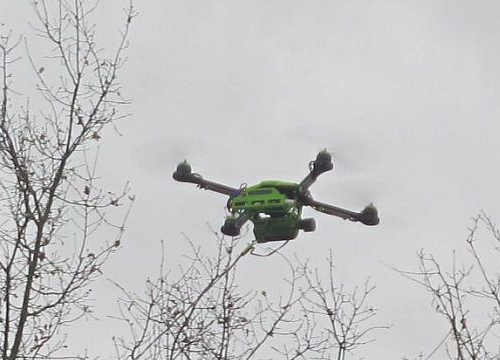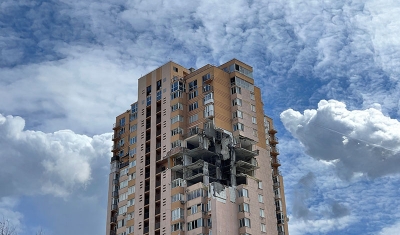Expert Seminar - Using New Technologies to Enhance Protection During Armed Conflict
Event


Geneva Academy
Advances in technology have dominated much of the debate in the field of international humanitarian law in recent years. The topics of discussion have presented complex legal challenges, such as how to regulate the domain of cyber space and often focussed on the risks and fears generated by technologies such as autonomous systems and artificial intelligence.
Presenting the other side of the story, this seminar will be particularly relevant to diplomats and experts working in disarmament, human rights and humanitarian affairs. Whether trough collection of data in social media, mapping of areas in need, or using areal drones for search and rescue operations, the seminar will demonstrate the new ways in which technological advances can enhance protection for victims of armed conflict.
Moderation
Noam Lubell, Swiss Chair of International Humanitarian Law at the Geneva Academy and Professor of Public International Law and Head of the School of Law at the University of Essex
Panelists
Kamilo Melo, Postdoctoral Researcher at the Biorobotics Laboratory, EPFL
Joanne Mariner, Senior Crisis Response Adviser, Amnesty International.
Hadi Alkhatib, Founding Member and Project Lead of The Syrian Archive project
Coffee will be served as of 17:15 and a light cocktail will be served at the end of the event.








